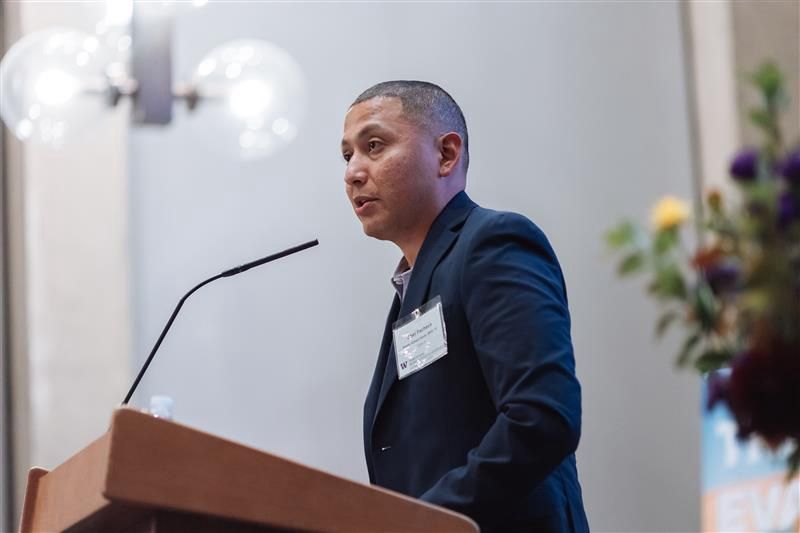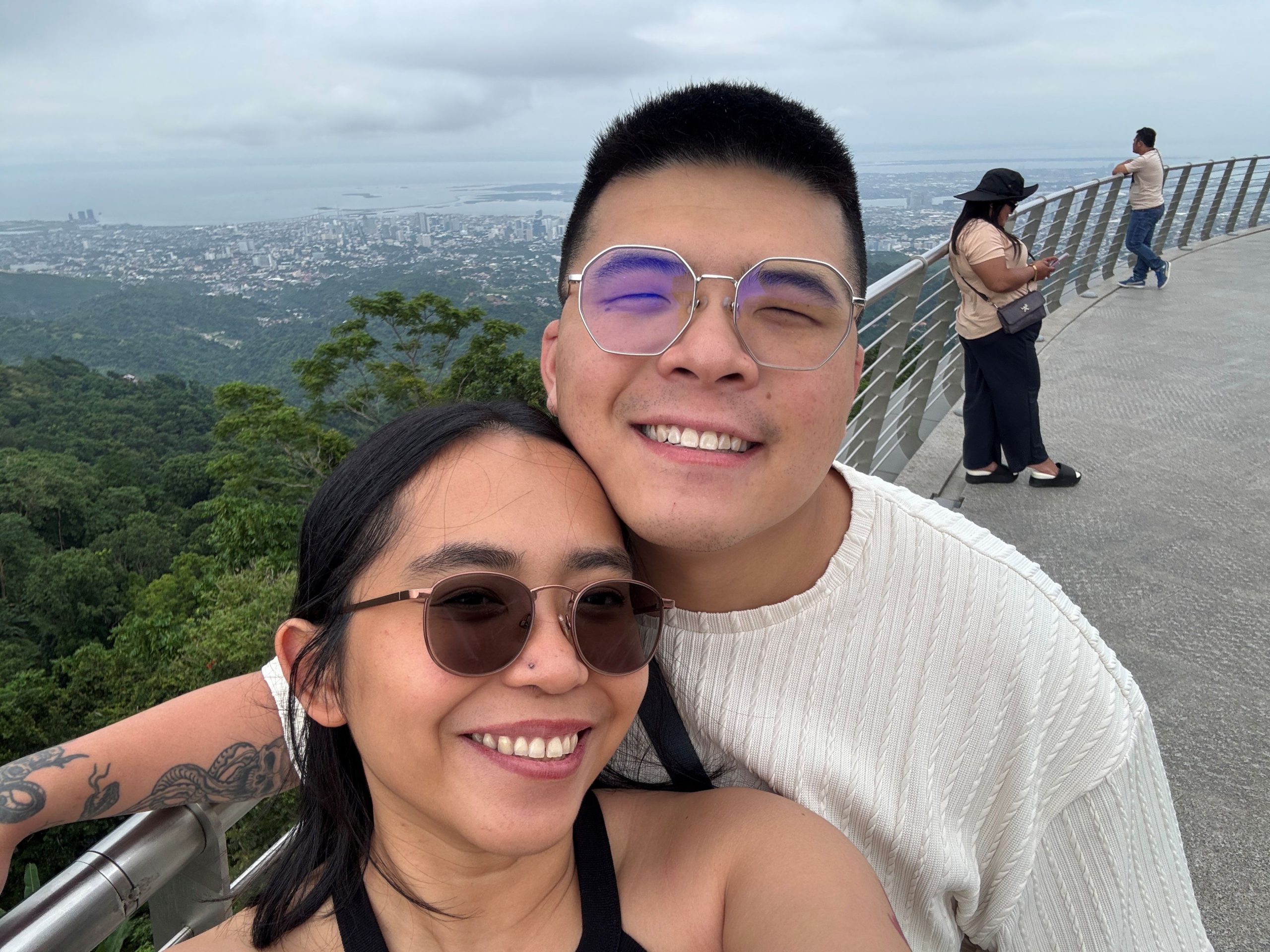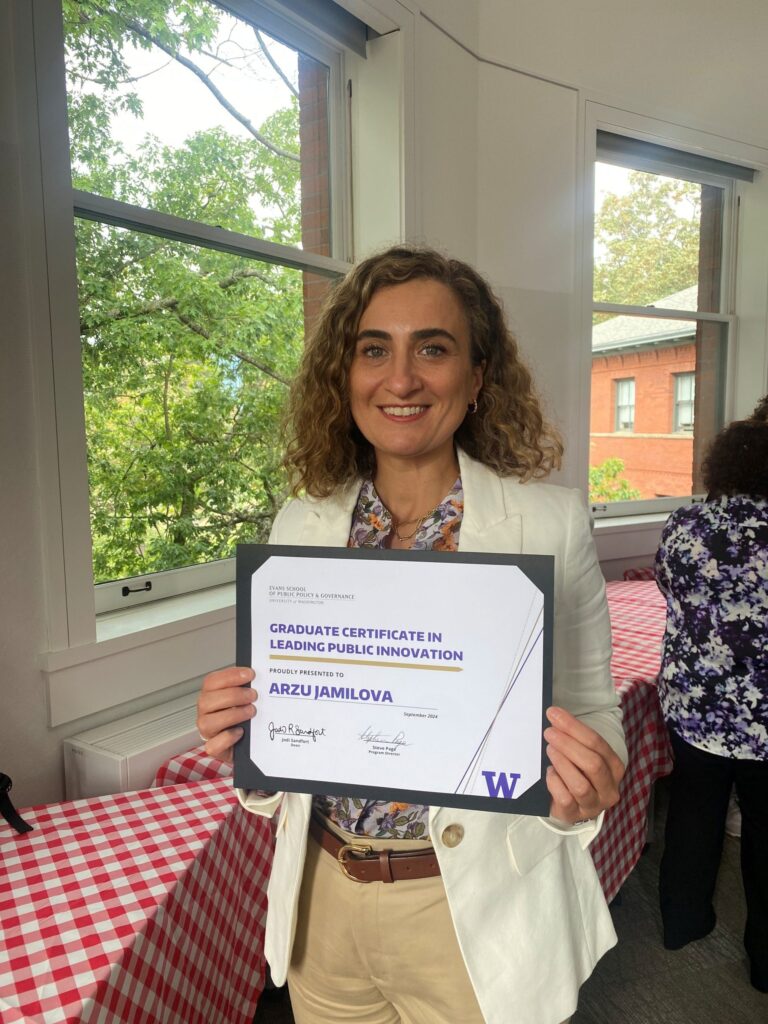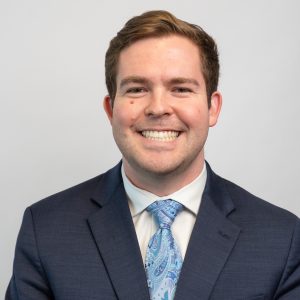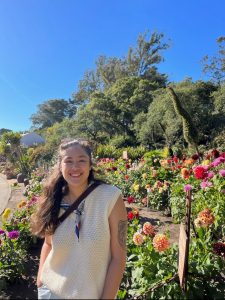How Roy Plaeger-Brockway built a career improving health care systems through his Evans School education
When Roy Plaeger-Brockway, MPA ‘86, arrived at the Evans School, he had no idea that his degree would become the foundation for a career shaping health policy and improving the lives of Washington residents. But he knew “I wanted to make government work better.” At Evans, he found both the mindset and the tools that would guide him through decades of public service.
Roy often describes his MPA as building a professional Swiss Army Knife. Each course became a go-to tool in his toolkit, including policy analysis, quantitative analysis, statistics, project planning, public health services, and organizational behavior. That toolkit was put to the test during his Governor’s Executive Internship. Paired with a senior health economist addressing rising health care costs, Roy analyzed problems, wrote decision papers, and helped launch early process improvements. The work also connected directly to ideas he was developing in his extended policy analysis paper with Professor Peter May. What began as academic exploration became the blueprint for pilot projects and ultimately a new model for delivering occupational health services.
These skills helped Roy develop the Centers for Occupational Health and Education (COHEs), which improved care for patients, rewarded doctors with quality-based payments, and streamlined health care delivery. Today, this innovation includes most major health systems in Washington and has begun to take root in other states too. Roy credits Evans for the evidence-based decision-making approach that made these health care advancements possible. The ability to conduct rigorous analysis, frame ideas for decision makers, and build proposals on research enabled him to lead improvements that were practical and lasting.
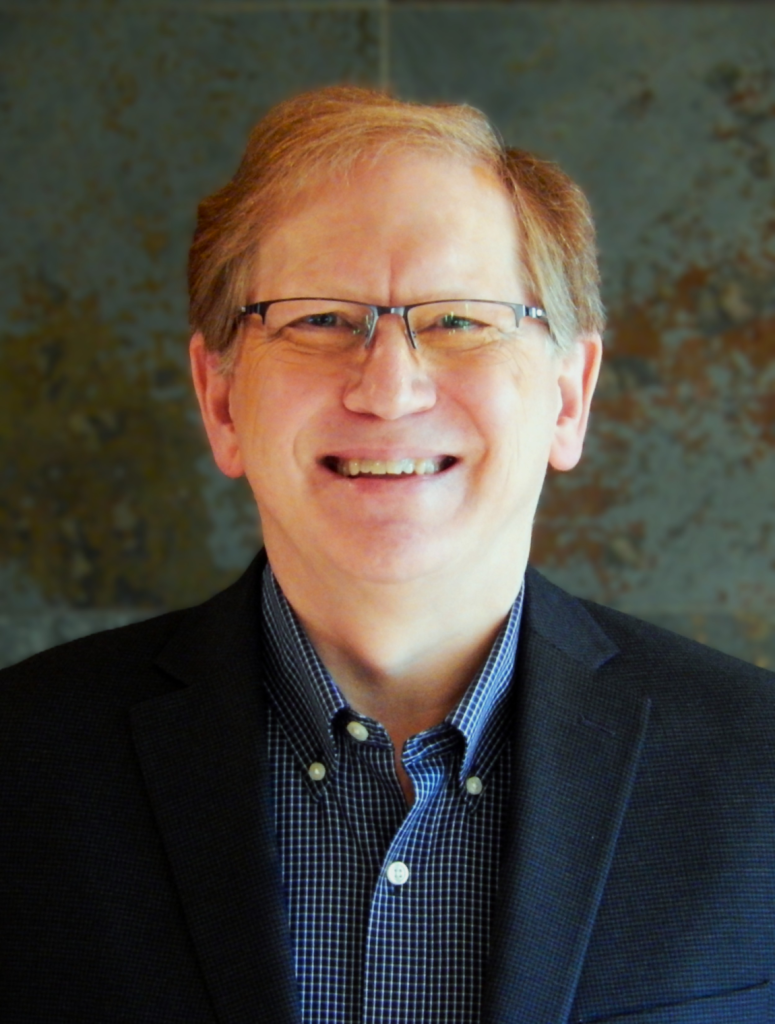
As Roy moved into senior executive roles and later into state and federal consulting, his Evans-built toolkit expanded much like a Swiss Army Knife. He led analyst teams, oversaw a major health care division, and played a central role in Washington state’s multi-year Lean Transformation. The work brought him into collaboration with leaders from Toyota, Boeing, and Virginia Mason. He found that the systems thinking, analytical discipline, and purpose-driven approach he learned at Evans were not only relevant but essential. These same habits later shaped his work teaching continuous improvement and leadership practices to federal health leaders at the Centers for Medicare and Medicaid Services.
Throughout his career, Roy has seen Evans values reflected in every level of his work. He carried forward the belief that public service is a noble calling. He used evidence to build trust among partners and health systems, and grounded improvement efforts in a commitment to making care more affordable, efficient, and accessible for the people who need it most.
For students considering an MPA, Roy has a clear message. “Evans gives you a toolkit that grows with you,” he said. “Whether you’re improving health care, the environment, or social services, the Evans School prepares you to step into complexity with self-confidence, a sense of purpose, and the tools to improve results for citizens. If you want a career where you can make a tangible difference, the Evans School gives you everything you need to start — plus the mindset to keep adding tools as you grow.”
Roy’s story is a testament to what happens when curiosity meets rigorous training and a commitment to public service. His impact stretches across Washington state and into national health care leadership, and his Evans education remains central to everything he has built. His career is a reminder that what happens at Evans ripples far beyond the classroom.
